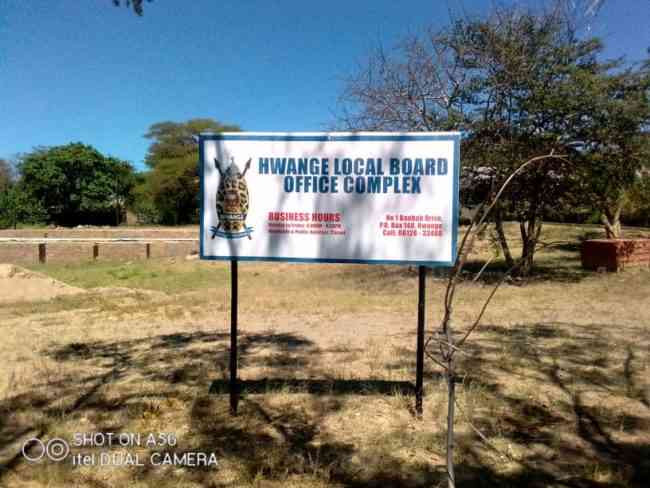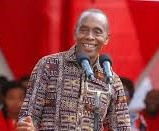
THE poor performance at the Hwange Local Board (HLB) can be attributed to the existence of 10 “ghost” wards whose councillors do not fall under its purview, it has emerged.
The Matabeleland North local authority has over the past few years been struggling to offer seamless service delivery in its area of jurisdiction.
It is one of the three councils together with the City of Harare and Gokwe Town Council whose 2024 budgets were rejected early this year with the Local Government and Public Works ministry citing poor governance issues.
Hwange’s budget was rejected mostly because of legacy issues, which included failure to submit financial statements, avail audited financial reports, comply with enterprise resource planning and cover strategic vacant posts as well as to prove the basis of its rates.
According to the HLB acting town secretary Paulos Mabhureni, the board was paying allowances and other benefits to 14 additional councillors from wards it does not administer and does not derive revenue from.
“These wards fall under National Railways of Zimbabwe (NRZ), Zimbabwe Power Company (ZPC) and Hwange Colliery Company Limited (HCCL), the area generally referred to as the Concession Area,” he said.
“This has a significant impact on council’s expenditure. HLB might be the only council in the country that has this extra unusual scenario of shouldering the allowances and welfare of about two-thirds of councillors who, however, represent wards that do not fall under it, but under yet another local authority; in this case Hwange Rural District Council.”
He said such ad hoc administration meant council was being deprived of massive revenue estimated to be around US$1,5 million per year.
- Travelling & Touring Town: status: Beckoning time for Binga, Hwange
- Hwange eyes town status
- Travelling & Touring Town: status: Beckoning time for Binga, Hwange
- Hwange eyes town status
Keep Reading
“As a way to address this anomaly, council has since the early 1990s been pushing for the incorporation of Hwange Colliery Company Limited, Zimbabwe Power Company and National Railways of Zimbabwe into its jurisdiction,” he said.
“Two commissions have so far been set up by the Minister of Local Government and both have arrived at the position that incorporation is the way to go. It cannot be otherwise.
“We firmly believe that these entities (HCCL, ZPC and NRZ) need to devote their attention to their core business without facing social and municipal services commitments, as these are municipal services, which, strictly speaking are functions of councils.”
Mabhureni said the current capacity of HLB was for its administrative boundary.
“However, it has to be taken into consideration that capacity can be built as the need arises. Apart from that a 2016 document on incorporation compiled by the four parties involved (HLB, HCCL, ZPC and NRZ) indicated that the workforce employed in the water, sewage and roads departments will be transferred to council upon taking over of these services,” he said.









